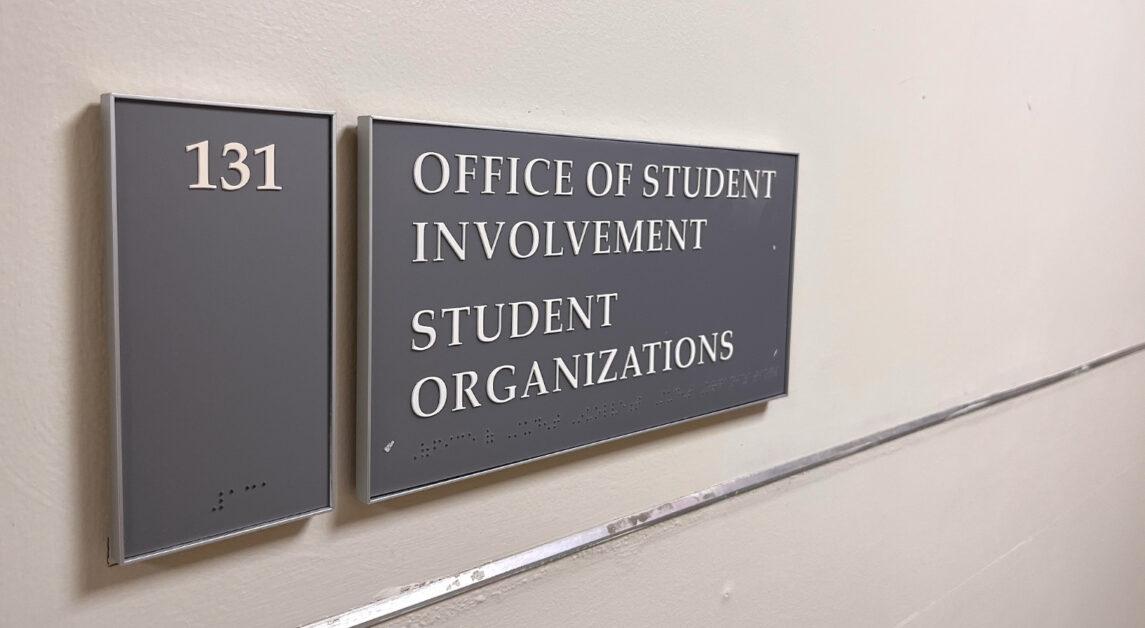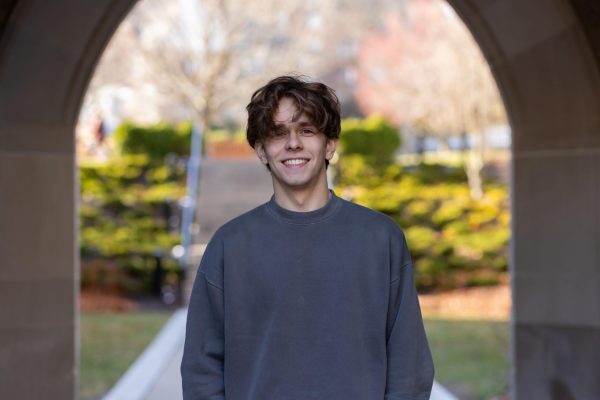The College Democrats of Boston College (BC Democrats), a registered student organization, was barred from publicly endorsing and phone banking for Kamala Harris by University administrators five days before the 2024 presidential election, according to emails obtained by The Heights.
“Advertising for this event should only be promoting the event that is taking place and cannot be endorsing a particular candidate,” Assistant Director of Student Organizations Andrew Belschner wrote in an Oct. 31 email to the BC Democrats. “BC has a neutrality policy, and since your organization is connected to the University the same policy applies here. When calling people, it’s okay to encourage them to go out and vote, but again, you cannot expressly tell them to cast their vote for a particular candidate.”
BC maintains a neutrality policy to comply with its nonprofit status under Section 501(c)(3) of the Internal Revenue Code, which prohibits nonprofits from participating in or contributing to political campaigns, according to Kyle Neary, associate director of organizations and programs in the Office of Student Involvement (OSI).
“Due to Boston College’s 501(c)(3) status, certain activities for actively campaigning individuals may be prohibited,” the policy in the Student Involvement Handbook (SIH) reads.
But the policy does not explicitly prohibit student organizations from endorsing candidates or engaging in phone banking for political campaigns. Additionally, it does not expand on what the “certain activities” that may be prohibited are, leaving enforcement open to interpretation.
By contrast, the “Student Organization Categories” section of the SIH defines political organizations as groups that support political candidates.
“Political: Organizations that encourage expression, debate, and support of political issues, views, and/or candidates,” the handbook reads.
Throughout the fall semester, the BC Democrats hosted several on-campus phone banking events for Harris, though administrators took no action until the Nov. 4 event.
The student organization requested to hold its final phone bank event on the eve of the election but received notice from Belschner on Oct. 31 that they were not permitted to host a partisan phone banking event.
“OSI has gained new information that previous phone bank events were directly connected to endorsing a candidate for the upcoming election, which goes against University policy,” Belschner wrote to the BC Democrats. “I will be denying the event request for Monday’s [Nov. 4] event and I would like to meet with y’all to discuss this further.”
Failure to comply with section 501(c)(3) of the Internal Revenue Code can result in an institution losing its tax-exempt status.
“If a college can be viewed as endorsing or opposing a particular candidate, it jeopardizes its federal, tax-exempt status under Section 501(c)(3) of the Internal Revenue Code and the benefits that go along with it,” the Foundation of Individual Rights and Expression (FIRE), a free-speech advocacy group, wrote in a statement to The Heights.
According to FIRE, universities often interpret the Internal Revenue Code in a way that places undue restrictions on students, who they say should be allowed to engage in partisan political speech.
“[These prohibitions] do not apply to individual students, student organizations, faculty, or staff engaged in clearly individual, unaffiliated activity,” FIRE wrote. “Individual students and student groups may engage in partisan political speech when such speech is clearly separate and distinct from the institution’s views or statements. In doing so, the individual student, student organization, or faculty member does not endanger their institution’s tax-exempt status.”
Other universities—like Emerson, Yale, and the University of Chicago—have adopted similarly cautious interpretations of the Internal Revenue Code. Unlike BC, however, their policies outline specific regulations on student organizations’ political activity, such as the use of university resources and space to endorse or campaign for a candidate.
BC has faced criticism from FIRE before. Last month, the organization condemned BC for having broad demonstration policies with room for “subjective interpretations [that] allow administrators to prohibit a substantial amount of protected expression.”
In an interview with The Heights, John Herrington, former BC Democrats treasurer and MCAS ’25, denounced BC’s neutrality policy, which he argued stifles political activity on campus.
“We just find it unhelpful and draconian,” Herrington said. “I came to college with the view that college campuses are this bastion of free speech, protest, the right to organize and state your beliefs, and the University is worse for not being that. It’s strangling a part of our club, and I’m sure the [BC] Republicans feel it too.”




















